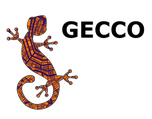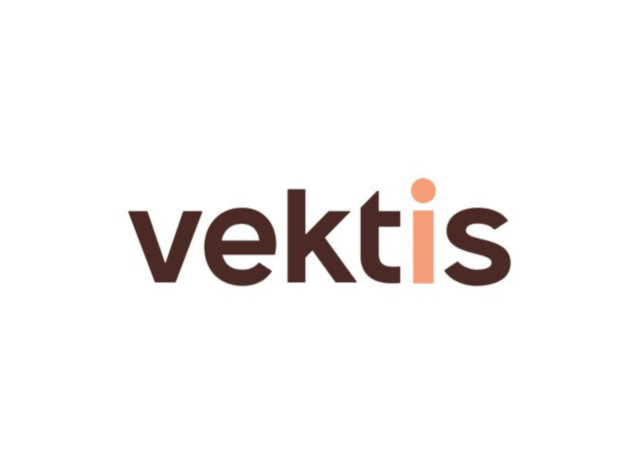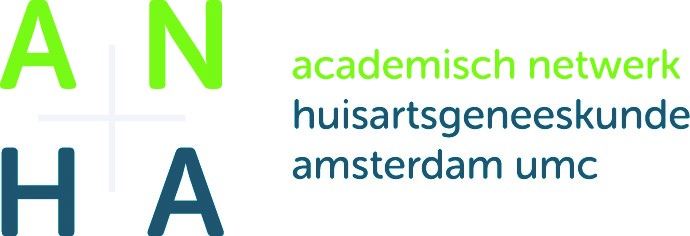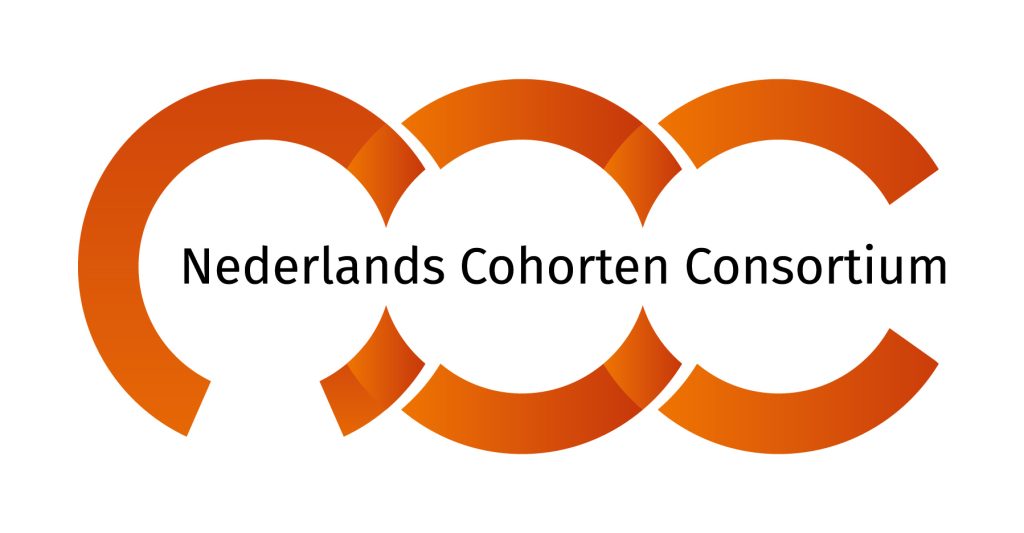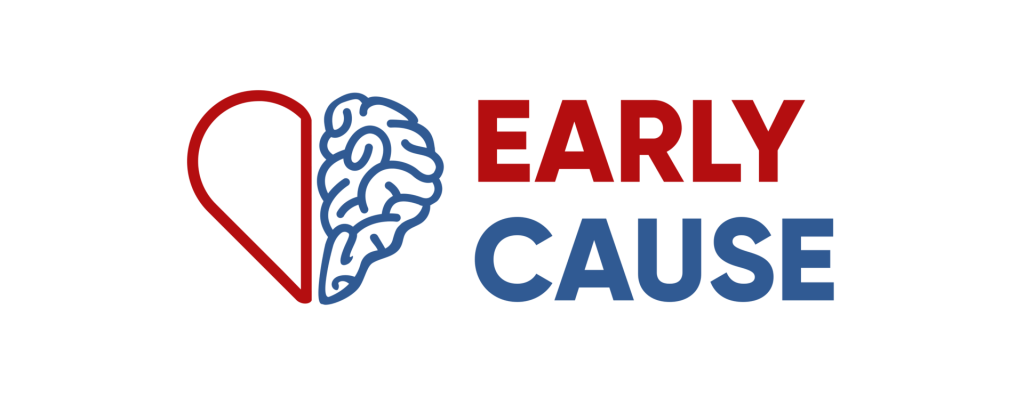Researchers
24,780 baseline participants
11,035 follow-up participants
21,000 baseline biological samples
Publications
Since 2011, more than 200 scientific articles based on the HELIUS data have been published. Below you can find, filter and read them.
Filters
Theme
Year
About HELIUS
The HELIUS study is a prospective cohort study on health and health care among an urban multi-ethnic population.
The aim of the HELIUS study is to gain insight in the biological, psychological and social causes of the unequal burden of disease across ethnic groups, and ultimately enable the improvement of health care and prevention strategies. The study is being carried out in Amsterdam, the Netherlands, and is an initiative of Amsterdam UMC and the Public Health Service of Amsterdam (GGD Amsterdam).
The HELIUS study focuses on three primary research areas:
- Cardiovascular diseases (including diabetes)
- Mental disorders
- Infectious diseases
Baseline data collection took place in 2011-2015. Nearly 25.000 participants of Turkish, Moroccan, South-Asian Surinamese, African Surinamese, Ghanaian and Dutch origin were included in the study. Data were collected through a questionnaire/interview and a physical examination. Biological samples were obtained during study visits. In 2019 – 2022, all HELIUS participants were invited for follow-up measurements. Again, a physical examination was performed, including the collection of biological samples.
For more information on the study design and data collection, we refer to the following papers:
- MB Snijder, H Galenkamp, M Prins, EM Derks, RJ Peters, AH Zwinderman, K Stronks. Cohort Profile: the Healthy Life in an Urban Setting (HELIUS) study. BMJ Open 2017;7(12):e017873
- K Stronks, MB Snijder, RJ Peters, M Prins, AH Schene, AH Zwinderman. The impact of ethnicity on health in a Western society: the HELIUS study. BMC Public Health 2013;13:402
Collaboration
HELIUS has an open policy in regard to collaboration with research groups.
Researchers from various departments of Amsterdam UMC and the GGD Amsterdam collaborate in the HELIUS study. In addition, we are open to proposals of collaboration with external research groups.
- Before access to data is provided, all researchers should carefully read and must adhere to the HELIUS Collaboration Policy.
- In brief, a research proposal or publication proposal must be developed following the proposal formats, which can be found in the Collaboration Policy.
- All proposals should then be submitted to the HELIUS Scientific Coordinator (heliuscoordinator@amsterdamumc.nl). The proposals are discussed in the HELIUS Executive Board regarding their study aims, overlap with ongoing studies, logistic consequences and financial contributions.
- After approval of the proposal by the HELIUS Executive Board, the collaborative research project is embedded in one of the three research areas supervised by the specific HELIUS Theme Leader.
FAQ researchers
Who can collaborate?
Researchers affiliated with a Dutch or international research institute may request data or samples to conduct a study that fits within the general aims of HELIUS.
How can I collaborate with HELIUS?
Proposals regarding scientific collaboration should be submitted to the Scientific Coordinator, preferably after consulting the relevant Theme Leader. The proposals will then be considered by the HELIUS Executive Board, on the basis of: 1. compatibility with the general objectives of the HELIUS study, 2. the quality of the research proposal, 3. possible overlap with other cohort studies, 4. the use of biological material, 5. logistical feasibility and 6. the (financial) contribution to be made.
What data does HELIUS have?
Data collection consists of questionnaires, physical examination and collection of biomaterial. For an overview, see:
- Snijder MB, Galenkamp H, Prins M, Derks EM, Peters RJG, Zwinderman AH, Stronks K. Cohort profile: the Healthy Life in an Urban Setting (HELIUS) study in Amsterdam, The Netherlands. BMJ Open. 2017; 7:e017873.
- Galenkamp H, Koopman AD, van der Zwan JE, van den Born BJ, Lok A, Moll van Charante EP, Prins M, Verhoeff A, Zwinderman AH, Stronks K. The Healthy Life in an Urban Setting (HELIUS) study in Amsterdam, The Netherlands: cohort update 2024 and key findings. medRxiv. 2024:2024-07.
Can I access biomaterial?
Yes, for access to data and biomaterial we follow the procedures as set out in the HELIUS Collaboration Policy, which you can download here.
Onze partners


